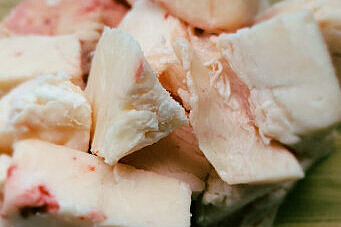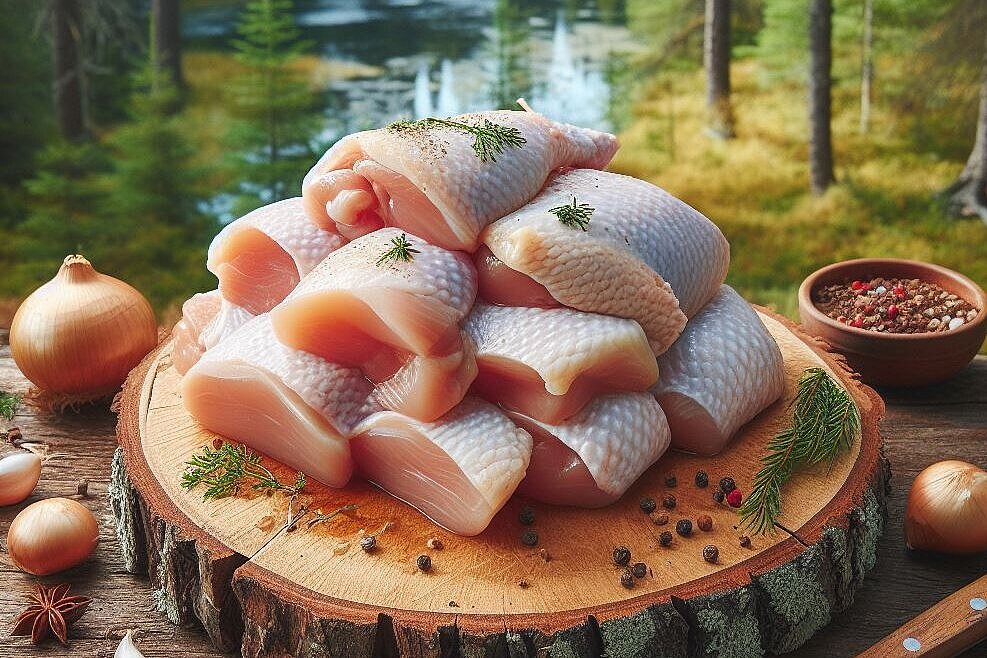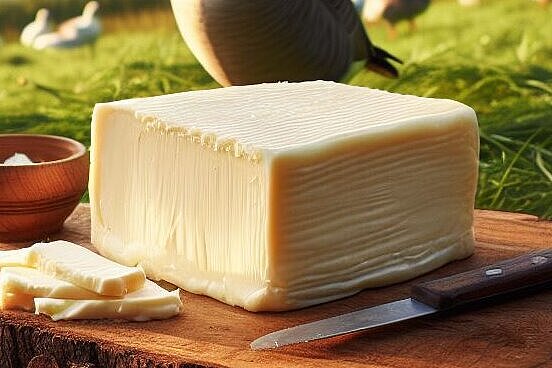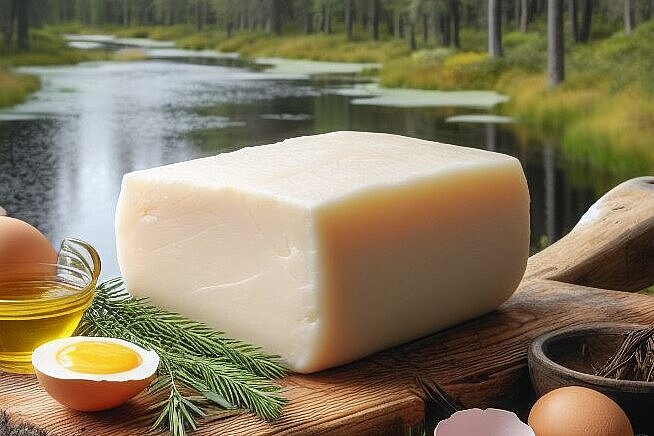Bone fat
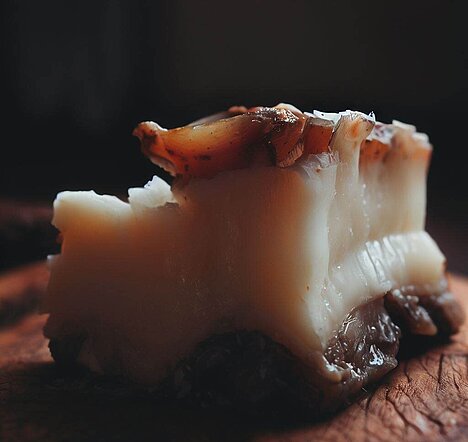
You may have heard of bone fat, but do you know what it is and how it affects your dog? This article will tell you everything you need to know about this special ingredient.
What is bone fat?
Bone fat is the fat found in the bones of animals. It is also called marrow fat or bone marrow. Bone fat is rich in nutrients such as protein, fat, minerals and vitamins. It has a high calorie content and an intense flavor.
How does bone fat affect your dog?
Bone fat can have both benefits and disadvantages for your dog. Here are some of them:
Benefits:
- Bone fat can benefit your dog's health by boosting his immune system, aiding his digestion, and conditioning his skin and coat.
- Bone fat can provide your dog with the energy he needs for his activities.
- Bone fat can help your dog maintain his ideal weight or gain weight if he is too thin.
- Bone fat can make your dog feel fuller and stimulate his appetite.
- Bone fat can taste good to your dog and provide variety in his diet.
Disadvantages:
- Bone fat can lead to overweight or obesity if your dog gets too much of it. This in turn can lead to health problems such as diabetes, cardiovascular disease or joint problems.
- Bone fat can lead to diarrhea or vomiting if your dog cannot tolerate it or if he eats too much of it too quickly.
- Bone fat can lead to an overdose of vitamin A if your dog eats too much liver or other organs with a high vitamin A content. This can lead to symptoms of intoxication such as loss of appetite, lethargy or hair loss.
- Bone fat can cause injury to the mouth or digestive tract if your dog swallows sharp or pointed bone fragments.
How can you feed bone fat to your dog?
If you want to feed your dog bone fat, there are a few things you should bear in mind:
- Choose only high-quality bone fat from species-appropriate husbandry and avoid antibiotics or hormones.
- Only feed raw or cooked bone fat and avoid fried or smoked fat as it can contain harmful substances.
- Feed only whole or coarsely chopped bones with fat and avoid small or crushed bone pieces that can be easily swallowed.
- Feed only as much bone fat as your dog needs and adjust the amount to his age, size, weight and activity level. As a rule of thumb, no more than 10% of their daily calorie intake should come from fat.
- Feed bone fat only occasionally as a supplement and not as the main part of your dog's diet. Make sure your dog gets a balanced diet with all the important nutrients.
Bone fat is a natural and nutritious ingredient for your dog that can bring him many benefits. However, you should feed it in moderation and pay attention to possible disadvantages.
If you notice any signs of hypersensitivity or poisoning in your dog, you should see your vet immediately. We are not a substitute for a vet, but we try to be as accurate as possible. Every dog reacts differently and we recommend you get a second opinion or consult your vet if in doubt.
Stay healthy and take good care of your four-legged friend!😊
Similar to Bone fat
Beef fat is the fatty tissue from cattle that is produced during slaughter. It contains mainly saturated fatty acids, which have a high energy density and can quickly give the dog strength and...
Chicken fat is an important source of energy for dogs. It provides more than twice as much energy as carbohydrates or protein. This is particularly beneficial for active dogs that need a lot of...
Goose fat is, simply put, the fat that is extracted from geese. It is known for its high unsaturated fatty acid content, which sets it apart from other animal fats. In human cooking, it is often...
Duck fat has several benefits for dogs that can make it a good addition to their diet. For one, duck fat can promote skin and coat health as it supports the formation of skin cells and hair. In...
